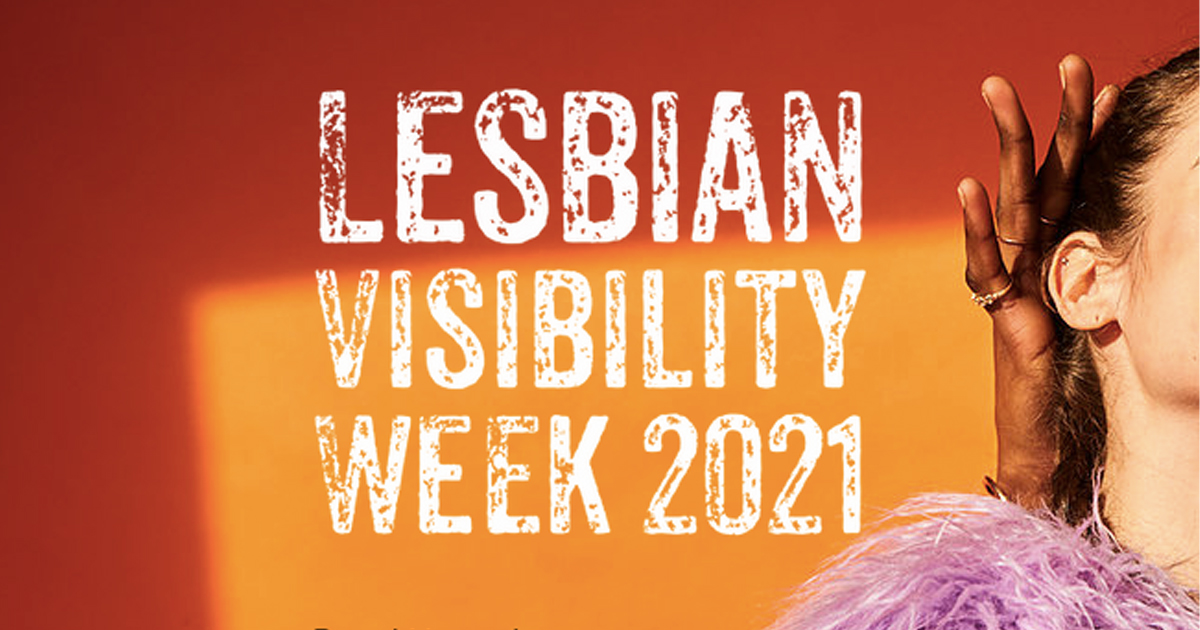Lesbian Visibility Day aims to celebrate and support lesbian women by increasing the visibility of the lesbian community and raising awareness on the issues experienced by the lesbian community. Since 2008, Lesbian Visibility Day has been celebrated annually on 26 April. It has now grown into a week-long event known as Lesbian Visibility Week and, this year, it is being celebrated from 26 April 2021 to 2 May 2021.
Lesbian Visibility Week is a celebration of lesbian women and creates an opportunity to create visibility for those who have been erased or silenced in media. The Centre for Human Rights is proud to identify with this event, celebrate the rights of lesbian women, continue promoting the development of programmes to improve women’s access to rights, and advocating for the inclusion of LGBTIQ+ people’s rights in public policy and socio-political conversation.
Why is visibility so important for the lesbian community? Across the globe, women who love women continue to be persecuted in a unique way. Their sexuality is often viewed as a challenge to patriarchal masculinity and traditional gender roles. This frequently results in targeted violence against lesbian women. The violent phenomena of homophobic rape, more commonly recognised by the misnomer ‘corrective rape’, continues to plague the lesbian community.
In addition, lesbian women have remained underrepresented in traditional media – including film, television and marketing campaigns. Fortunately, the development of digital spaces has created opportunities for lesbian women to organise and carve out spaces where they can exist and be seen. Lesbian women and activists for the LGBTIQ+ community have utilised social media platforms to their advantage, and creating much-needed representation for the LGBTIQ+ community. Digital platforms have become an important resource tool for public education and running advocacy campaigns on thematic issues experienced by marginalised communities. In particular, social media platforms have emerged as an effective space for building the representation needed for the lesbian community.
However, new forms of violence and discrimination in online and digital spaces pose a challenge to the use of these spaces for activism. While these platforms have been a useful tool for activists seeking to bring awareness to the underreported issues the community face on a daily basis, online spaces have also become a new source for targeting and attacking LGBTIQ+ human rights defenders. These attacks include hate speech, threats of physical violence and even death threats. Online and digital spaces have opened up an entirely new form of discrimination and violence against lesbian women.
The Centre for Human Rights calls on African states, national human rights institutions, civil society organisations and law enforcement authorities across the continent to to commit to the implementation of Resolution 275 of the African Commission on Human and Peoples’ Rights on ending all forms of targeted violence against LGBTIQ+ persons and human rights defenders, and to ensure that online and digital spaces are made safe for all women, including lesbian women, in Africa.
For more information, please contact:

Tel: +27 (0)12 420 3151
thiruna.naidoo@up.ac.za



